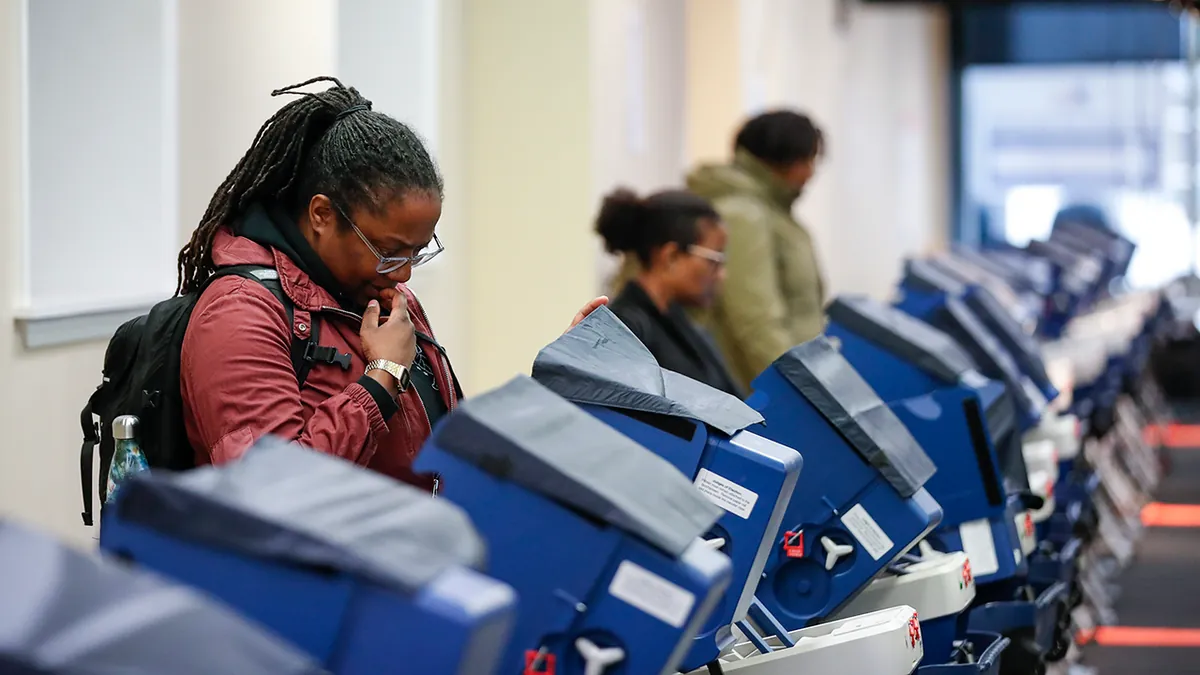A recent survey conducted by the National Association for the Advancement of Colored People (NAACP) has unveiled unexpected support for Republican candidate Donald Trump among younger Black men in the upcoming U.S. presidential election. The poll, conducted from August 6-12, 2023, sampled 1,000 registered Black voters across the nation.
The survey results indicate that 26% of Black men under 50 express support for Trump, compared to 49% who favor Democratic Vice President Kamala Harris. This finding contrasts sharply with the overall Black voter sentiment, where 63% plan to support Harris, while 13% back Trump.
Demographic differences in voting preferences are evident. Among Black men over 50, 77% support Harris. The gender gap is also notable, with 67% of Black women backing Harris and only 8% supporting Trump. This aligns with the historical trend of gender differences in voting behavior observed since the 1980s.
Economic concerns dominate the priorities of Black voters, particularly among younger Black men. The survey found that 82% of Black men under 50 list economic issues as the most critical facing the country today, compared to 75% of Black women across all age groups. The cost of food, housing, and utilities are identified as the primary economic stressors.
"Voter messaging that emphasizes rights 'being under attack' has the most significant chance to motivate undecided voters and younger Black men."
This messaging strategy resonates with the historical context of civil rights advocacy in the United States. The NAACP, founded in 1909, is the oldest civil rights organization in the country and has long been at the forefront of such discussions.
The survey results come at a time when political polarization in the U.S. has been intensifying since the 1990s, with voters becoming more ideologically consistent within their parties. This trend, coupled with the increasing significance of age in voting behavior, may partially explain the divergence in support among different age groups of Black voters.
It's important to note that Black voters have historically been a loyal Democratic constituency, with about 87% supporting Joe Biden in the 2020 election. However, the current data suggests a potential shift in this trend, particularly among younger Black men.
As the November 5, 2024 election approaches, these findings may influence campaign strategies. With the U.S. having one of the lowest voter turnout rates among developed countries, engaging and motivating voters across all demographics remains a crucial challenge for both parties.
